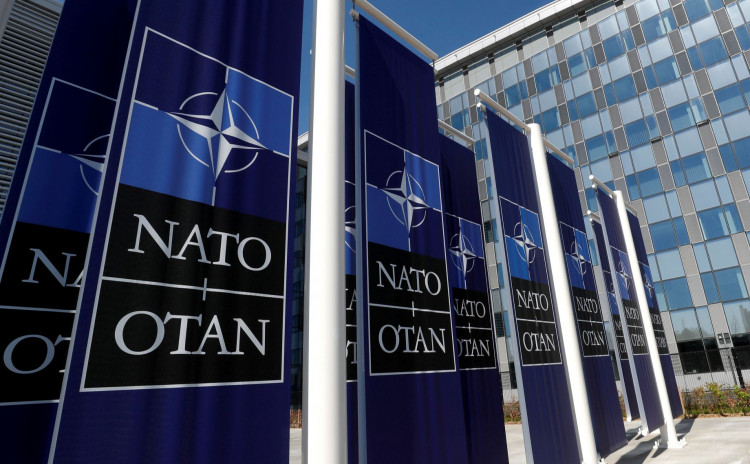On Tuesday, the US rejected an unexpected request by NATO ally Poland to move its Russian-made MiG-29 fighter jets to a U.S. station in Germany in order to bolster Ukraine's air force in the face of invading Russian forces.
The U.S. has attempted to expedite the delivery of weaponry to Ukraine. However, sending combat aircraft into a war zone from NATO territory "raises major concerns for the whole NATO alliance," according to the Pentagon.
NATO has stated that it does not want to engage in direct conflict with Russia, a fellow nuclear-armed power, and President Joe Biden has ruled out sending US troops into Ukraine to fight, a decision that the Pentagon has stated would apply to troops on the ground as well as those flying missions in the air.
On Tuesday, Poland's foreign ministry declared that it was ready to deploy its MiG-29 fighters to Germany's Ramstein Air Base and make them available to the US. It advised the alliance's other members with similar aircraft to do the same.
According to the US Department's No. 3 diplomat, the Polish plan caught the U.S. off guard.
At a Senate Foreign Relations Committee hearing, State Department Undersecretary of State for Political Affairs Victoria Nuland said, "To my knowledge, it was not pre-consulted with us that they meant to provide us these planes."
The standoff raises doubts about the viability of Ukrainian President Volodymyr Zelenskiy's request for European countries to deliver Russian-made jets, which he emphasized in a video chat with U.S. legislators on Saturday.
Members of Congress in the United States are pressuring the Biden administration to expedite the delivery of military aid to Ukraine.
Poland's announcement, on the other hand, could be a reflection of its own sensitivity.
Poland is providing defensive armaments to Ukraine, but has stated that it will not send fighter jets because it is not a direct party to the conflict between Ukraine and Russia.
Russia's military minister warned this week that countries providing airfields to Ukraine in exchange for strikes on Russia might be considered combatants.
The primary challenge, according to Nuland, was determining what Poland's urgent needs would be given its proximity to the conflict.
"The most pressing issue is determining what Poland's urgent needs are in the context of being a conflict's neighbor," Nuland said.






